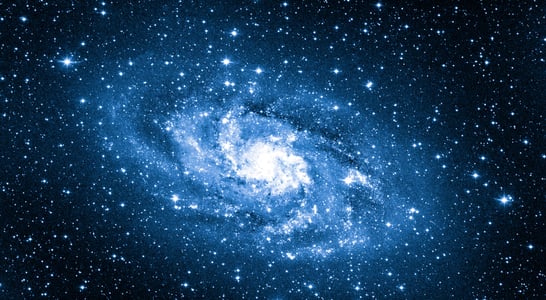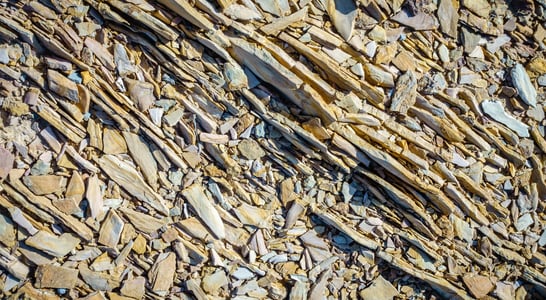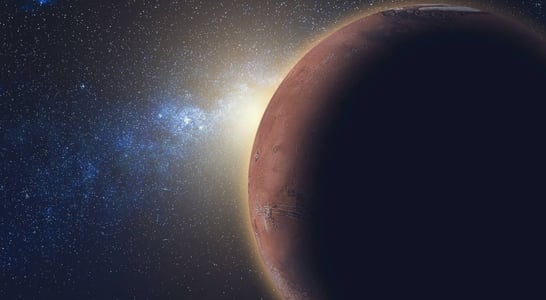
National Space Day
Visit an observatory or use a telescope to explore the night sky, or peruse one of NASA’s livestreams to remind yourself how big the universe really is.
What is there that’s more interesting than space? Never-ending, always expanding, full of stars and suns and planets and untold mysteries – as long as we live, we won’t know all the secrets that this great vacuum holds.
But that doesn’t stop us from trying to learn absolutely everything we can about it!
On this day, space boffins and science fans alike celebrate National Space Day with a dedicated day of observance to everything in the great beyond.
How to Celebrate National Space Day
Ever wondered what lies beyond our skies? Today is the day to find out! Go to your local library and take a look at some of the books about space there, learn about your favorite planets, or even space travel itself.
Librarians will happily share information with you regarding the best books and other resources for you to learn more. Furthermore, some libraries may even hold events with guest talks from experts in the field of all things space.
Even if you can’t make it out to a library, all the information you need is right at your fingertips. Lookup details about the longest time spent in space, watch interviews by Neil Armstrong and Buzz Aldrin themselves.
Check out the footage of spacewalks or even try to figure out just what, exactly, the Wow signal actually was.
And then, once you’re all educated-out, feel free to snuggle up on the sofa and watch some space documentaries.
If documentaries aren’t your thing, you’re in luck. Hollywood has been obsessed with space for as long as it has been around, so whack on some classic and iconic space movies, from Star Wars to Interstellar, and transport yourself to a whole new world in this galaxy or one far, far away.
Likewise, listen to a podcast about whatever extraterrestrial subject interests you. Take yourself to a science museum and get to grips with the makeup of each planet in our solar system.
You can even read up on the work of astronauts throughout the decades. Similarly, works by Carl Sagan, Neil deGrasse Tyson, and Stephen Hawking are the voices in theories regarding life, the universe, and everything, so make sure you don’t do yourself a disservice by ignoring what they have to offer.
Or, if you’re strapped for time, take a look at NASA’s website or social channels and see what they have been up to – there’s sure to be something that piques your interest.
The International Space Station even has a feed that films directly into the vast black beyond. If you’re lucky, you might see something that piques the imagination, and you’ll uncover a newfound passion for learning more about something we will never know everything about.
National Space Day is a day to celebrate humanity’s forays into the unknown, how far science has come, and the wonders that lie just beyond our atmosphere. If you learn only one thing today, make it something about space!
National Space Day is the perfect time to take some time to realize that, maybe, we aren’t as important as we like to think. There are so many secrets out there waiting to be uncovered that it can be challenging to wrap your head around the potential that the rest of the galaxy and known universe offers.
Still, this most scientific and ambitious of days is also a chance to ask questions, look for answers, and find out a little more about what the universe is and who we are as people.
Are we alone in the universe? Maybe, maybe not, but this won’t stop us exploring into the eons, so make sure that National Space Day becomes a day that you never forget and get ready for launch.
Why Celebrate National Space Day?
Because there’s so much out there in space, you can be sure that there’s always going to be enough to celebrate on this day as every year comes!
With this in mind, grab your telescope, your model rockets, and your dehydrated astronaut meals and take an adventure into the heavens and beyond, where the Earth becomes the Pale Blue Dot, and the rest of the infinite universe stretches further than your mind could ever imagine.
This is National Space Day and everything you need to know about how to celebrate it!
History of National Space Day
Really, the history of National Space Day stretches back to the very beginning of the universe when the Big Bang made its grand entrance on history and kicked existence, life, and everything else as we know it into action. In more modern terms, Space Day got its start in 1997.
The day was created to observe the many wonders of the unknown space that our planet, and plenty of others, floats in. It was started by Lockheed Martin, the aerospace company, with an eye toward inviting students to consider a career in the aerospace industry.
Furthermore, it will encourage children to have more of an interest in the scientific field. In 2001, Senator John Glenn, himself a former astronaut, changed the name to National Space Day to widen its scope of celebration across the world.
Although undoubtedly there’s an argument for it to become Interplanetary, or even Intergalactic National Space Day at some point in the near future, especially if we ever make it to Mars, and that seems like a foregone conclusion.
Many scientific organizations celebrate this day with demonstrations, gatherings, and educational programs.
You can be sure that your local science museum or observatory is doing something or other on this day, and it’s an excellent chance for you or your kids to learn about the wonders of the galaxy and beyond.
Note: this day is different than the National Space Day celebrated in India that was offically declared in 2024 and is celebrated on August 23.
National Space Day FAQs
What surprising fact connects space exploration to everyday life?
Space exploration has led to countless inventions we use daily. For example, memory foam was created by NASA for astronaut seats.
Other spin-offs include water purification systems and scratch-resistant lenses. This innovation highlights how investing in space can improve life on Earth.
Are there any fun traditions tied to space missions?
Russian cosmonauts follow quirky traditions before launching into space.
They watch the 1969 film White Sun of the Desert for luck. They also urinate on the bus’s rear tire on the way to the rocket, honoring Yuri Gagarin, who did the same before his historic flight.
Why do astronauts train underwater to prepare for space?
Underwater environments simulate microgravity in space. Astronauts use neutral buoyancy pools to practice spacewalks and equipment handling.
This training allows them to adapt to weightlessness while working in bulky suits, ensuring mission success.
What’s an amusing myth about the moon landing?
A persistent myth is that astronauts brought back green cheese from the Moon.
This misconception originated from a centuries-old joke comparing the Moon’s surface to cheese. Despite being debunked, it continues to amuse and is a popular gag during space-themed events.
Which countries celebrate National Space Day uniquely?
In Japan, schoolchildren fold paper cranes to honor astronauts and wish for peace.
In Italy, observatories offer free stargazing nights with telescopes. These activities emphasize global interest in exploring the universe and preserving it for future generations.
How has music been inspired by space exploration?
Space has influenced music across genres.
David Bowie’s Space Oddity and Elton John’s Rocket Man were inspired by the Moon landing era.
Astronaut Chris Hadfield even recorded a cover of Space Oddity aboard the International Space Station, becoming a viral sensation.
What’s a little-known achievement in space exploration?
In 1965, two NASA astronauts played the first musical duet in space using a harmonica and sleigh bells.
This impromptu performance occurred during the Gemini 6 mission. It marked a lighthearted moment in the serious history of space travel.
Why do astronauts grow taller in space?
Microgravity allows astronauts’ spines to expand, making them up to two inches taller.
This effect is temporary, as their height returns to normal once back on Earth. However, it’s a unique physical change caused by the conditions of space.
How do space agencies encourage youth to get involved?
NASA’s “Space Apps Challenge” invites students worldwide to solve real-life space problems.
The European Space Agency runs art and coding contests for kids. These initiatives ensure the next generation stays curious and excited about space science.
What’s the oddest thing sent to space?
Astronauts have launched strange items into orbit, like a lightsaber from Star Wars and Luke Skywalker’s Jedi robe.
NASA has also sent Lego figurines representing Roman gods. These items celebrate human culture while sparking public interest in space.
Need some inspiration?
Check out these videos for some extra inspiration in getting involved!
Also on ...
View all holidaysNational No Pants Day
Leave your restricting pants in their drawer and feel the freedom of No Pants Day. Try skirts, dresses, kilts, or just stay home and relax bare-legged.
International Harry Potter Day
Put on your robes, grab your wand, and celebrate with potions, spell-casting and Hogwarts-inspired fun.
National Brothers and Sisters Day
Take a moment to appreciate the bond you have with your siblings. Whether you're close or have your ups and downs, they're a part of your family and life's journey.
We think you may also like...
International Astronomy Day
Visit a museum or planetarium, chart the stars, or see how many constellations you can find to celebrate the vast and wonderful beauty of space and astronomy.
Geologists’ Day
Don’t take the ground beneath your feet for granted: honor the scientists that have delved into the Earth to teach us more about it on National Geologist’s Day.
Sun Day
Embracing warmth and radiance, basking in the vibrant glow that uplifts spirits and infuses joy into everyday moments.








